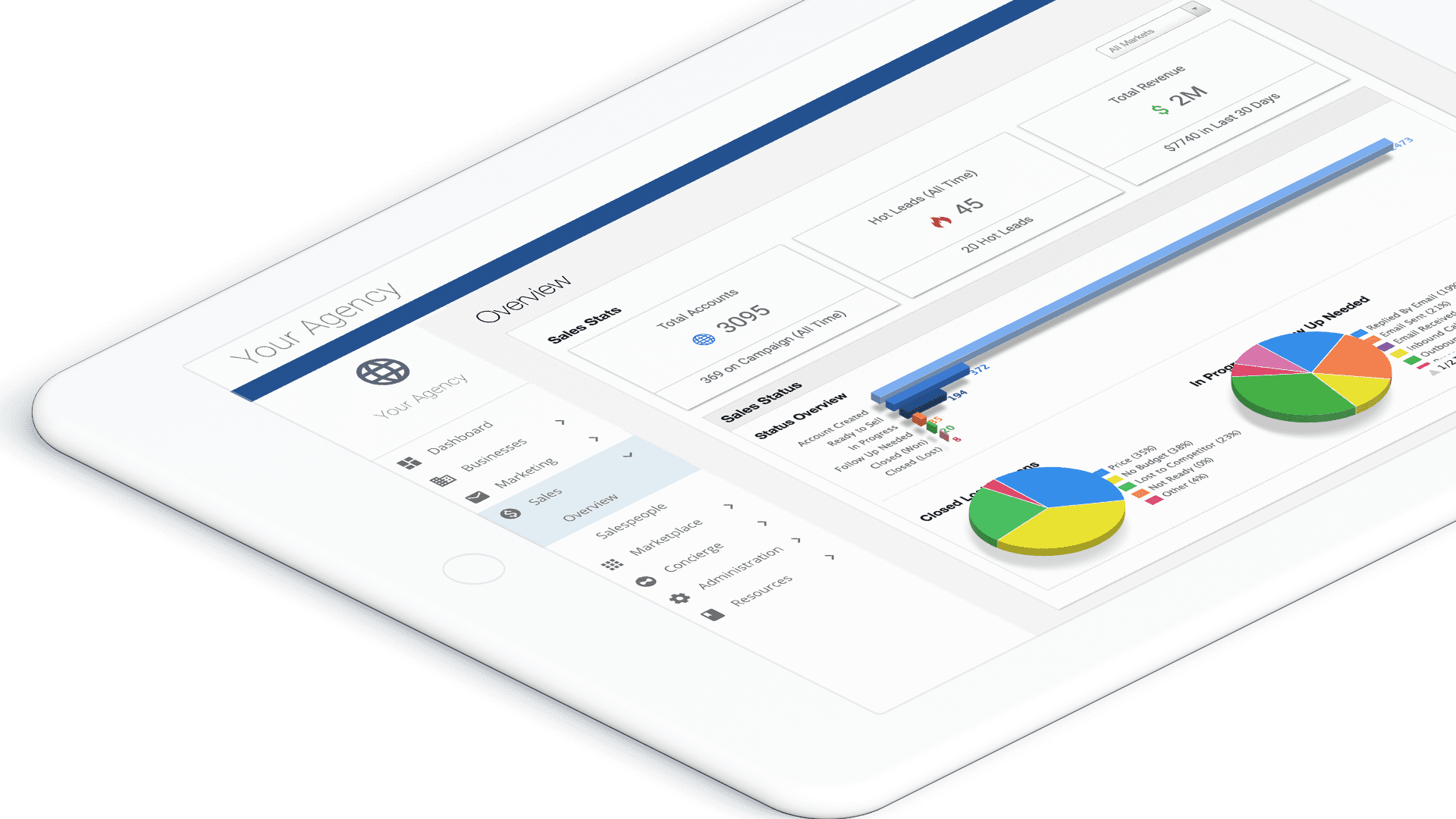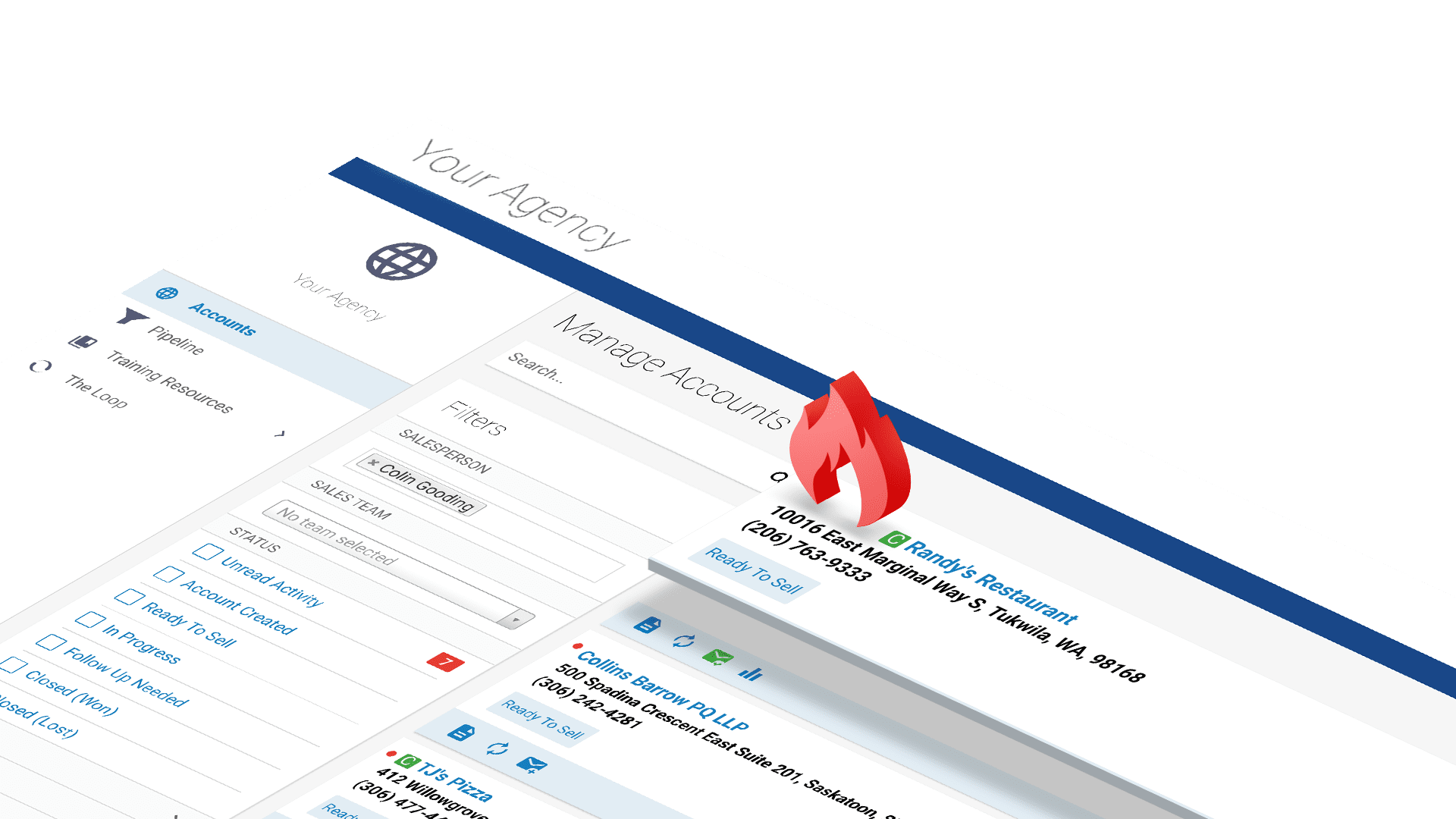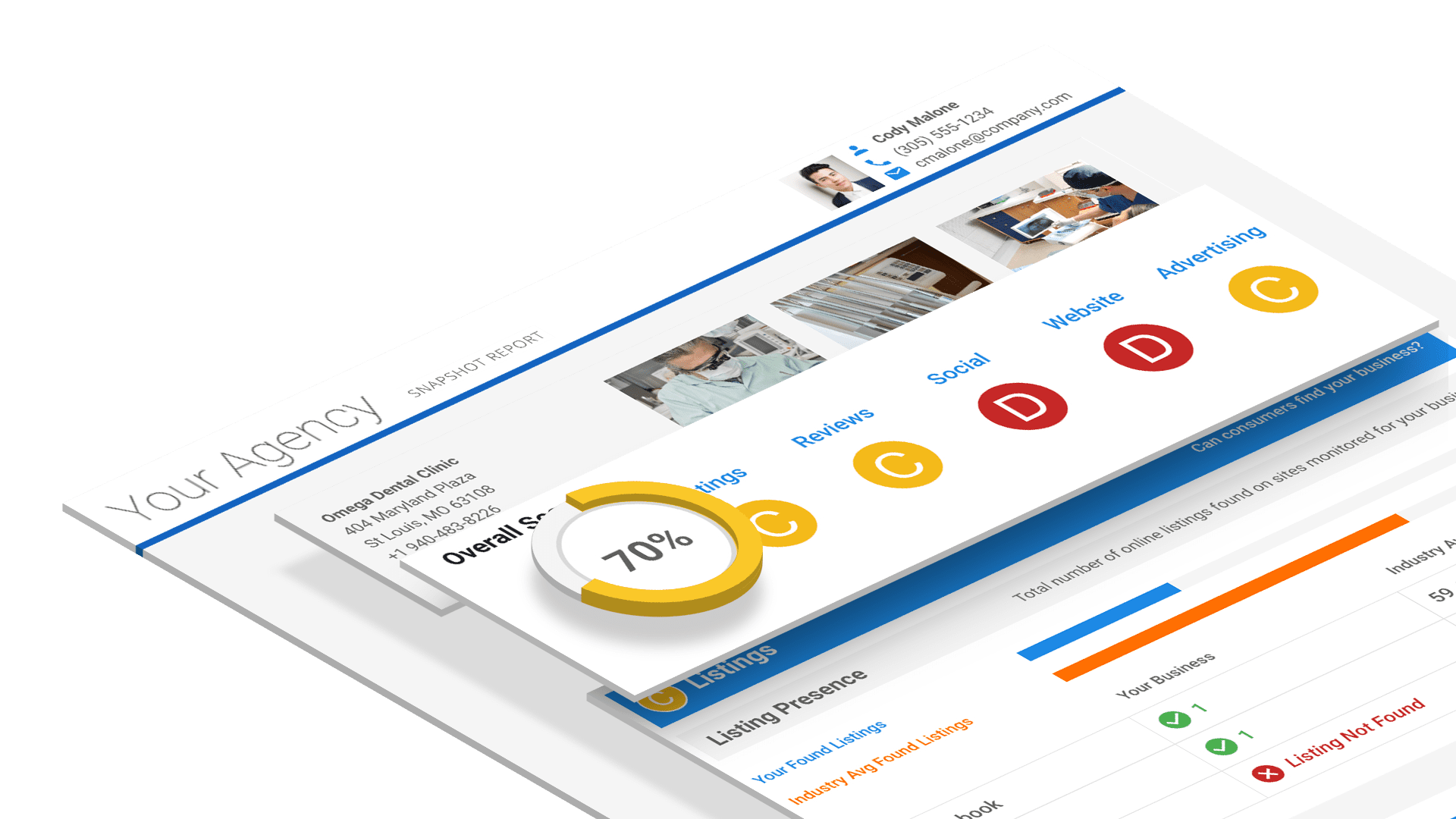Consultative Selling Strategy: How to Research a Lead and Develop the Right Questions
In order to establish trust with potential customers, you have to show that you care about them and understand their problems.
You can show empathy by doing the right research and asking the right questions.
In this post, we focus on the research phase of a consultative selling strategy. We’ll outline the information you need to gather, where to find it, and how to put it all together to ask the right questions.
What is Consultative Selling?
Consultative selling is a sales methodology that focuses on providing solutions to a customer’s needs. This approach is based on getting to know the customer and their pain points instead of simply introducing them to your products or services. The goal is to create healthy customer relationships that turn into loyal customers.
In our main guide, we go into greater detail about the four stages of consultative selling and provide useful selling tips. In this post, we’ll learn the strategy behind this sales method and how to implement it in your business.
What is a Consultative Selling Strategy?
A consultative selling strategy is the plan behind a needs-based selling approach. At Vendasta, we have a four-stage strategy that includes demand generation, research, asking questions, and solving problems. An effective consultative selling strategy includes all of these stages plus best practices on how to accomplish each step.
We can write novels about lead generation. However, this guide focuses on the strategy that’s implemented after a lead has been nurtured and is ready with their problems.
How to Research Before a Consultative Sales Call
Once you have a lead, it’s time to prepare for the call.
This is the second stage of the method, the research phase of a consultative selling strategy.
Research is how we learn about the people and businesses behind “leads.” But it takes more than just learning names and mapping locations.
So what is consultative selling research?
It’s gathering the information and knowledge that will help you build trust with a prospect.
We’ve broken down this information into four main categories:
- Personal and business information
- Place in the buyer’s journey
- Business and competitor insights
- Product knowledge
Personal and Business Information
Before you talk to a prospect, it’s important to know the basics. Personal and business information you should always have before a call includes:
- First and last name
- Company name
- Company size
- Industry information
- Business location or locations
Where to find it: The best CRMs today should make it easy for you to find this information.

You can also learn more about a lead via social insights. It’s always worth skimming through a brand’s social media accounts and reading conversations and reviews. If the name is difficult to pronounce or new to you, for example, you can take time during the call to confirm how to pronounce the name and make notes for the follow-up call.
Place in the Buyer’s Journey
It’s true that today, leads may come in during any phase of the buyer’s journey. It’s up to the sales rep to know where they are coming from. This information helps you build a consultative selling strategy and close a deal.
So what do you need exactly? And where can you find it?
A complete sales CRM should be able to tell you where your lead is in their buyer’s journey. For example, our CRM has a feature called hot lead notifications. This feature is handy because it not only tells you when prospects are ready to buy, it also provides information such as whether they interacted with your store, an email, or another part of the journey.
Our CRM also has an activity feed dedicated to real-time tracking of a prospect’s activities. With this real-time information, a sales person can know if a prospect is interested in a product or needs help finding a better fit for their business.
Business and Competitor Insights
Imagine talking to a prospect for the first time but already knowing tons about their business. That’s powerful. The research phase of consultative selling should always include learning more about how a business is doing. You can do this via a wide range of tools.
If you sell digital marketing solutions, for example, we have a powerful industry tool called the Snapshot Report. Sales professionals can use this tool before a call to learn how the local business is doing online. This insightful digital marketing report can then be used to have a real conversation based on the person’s needs.

Business and competitor insights should be tracked in one place, such as a CRM.
Product Knowledge
As you learn more about a business and anticipate its needs, also brush up on information about the products and solutions you offer that match.
Remember: Consultative selling is all about providing solutions, not products. This is all the more reason to learn what type of solutions the products provide.
For example, a sales CRM has a bunch of features you can talk about, such as sales pipeline software. But how does it solve a customer’s real problem?
Here are a few tips on how to learn about the products and services in your portfolio:
- Read marketing materials.
Whether it’s the website or a blog, online content is marketed with the consumer’s pain points in mind.
- Test the freemium version of the product and learn how to use it.
- Take advantage of sales training resources.
Now that you have all of this valuable information, it’s time to learn how to turn the knowledge into questions.
How to Prepare the Right Questions for Consultative Selling
People visit a website or contact a sales rep because they have a problem. And while you might know where they are along this journey, they might not really understand what they want or need. This is where you, the trusted expert, come in.
Asking the right questions makes this process a natural conversation. Questions help you confirm or fine-tune the research you’ve already gathered, and learn which solutions they want and need.
The first few questions should be open-ended questions, an opportunity for the prospect to talk openly and freely without being interrupted. A prospect must feel heard and understood to trust you. Match your research with their answers and make notes so you can ask additional questions to clarify any inconsistencies.
To craft your questions, start thinking about your products and how a company would suffer without them. For this example, let’s imagine you are digital marketing agency that sells internet marketing services to local businesses.
Here are 13 questions you can ask a prospect or lead interested in your digital marketing solutions:
- How do you feel about your online marketing efforts?
- Can locals find you online?
- How do you currently market your website online?
- How do you manage your online reviews?
- How important is increasing traffic to your website?
- How much of your budget goes to SEO?
- How much do you spend on PPC?
- How much do you spend on social media marketing?
- What are you currently using to track your website performance? How much time and resources does it require?
- What software and tools are you using today for online marketing?
- Do you have IT resources?
- What is your biggest problem with your online marketing efforts?
- Who writes your online content?
With the right research and questions, your first call should go pretty smoothly.
While consultative selling is widely practiced, knowing how to ask the right questions and learn customer pain points remains a challenge for many companies who sell services to small businesses. Here’s a tip: Talk to humans.
Small and medium sized businesses, when faced with a lot of technical jargon and technology, may find what should be an easy buyer’s process too complex. For this reason, make sure that you cut out any technical or industry vocabulary and use the natural phrases people use to research your products and services online.
Why Partner with Vendasta?
Consultative selling is a powerful sales method that helps you create long-lasting relationships with your customers. If you’re in the digital marketing world, you know how important this is. It’s nearly impossible to help websites without long-term contracts of 6 months or more.
To help you help your customers, we have an end-to-end sales and marketing platform designed with your needs in mind. You’ll have a robust CRM that allows for hyper-personalized sales documentation and management. Our CRM is also connected to marketing automation, making it easy for your sales reps to nurture leads and access marketing content that’s necessary to close deals. Plus, we have industry tools that will further support your sales teams as they use the consultative approach when selling your digital solutions.

